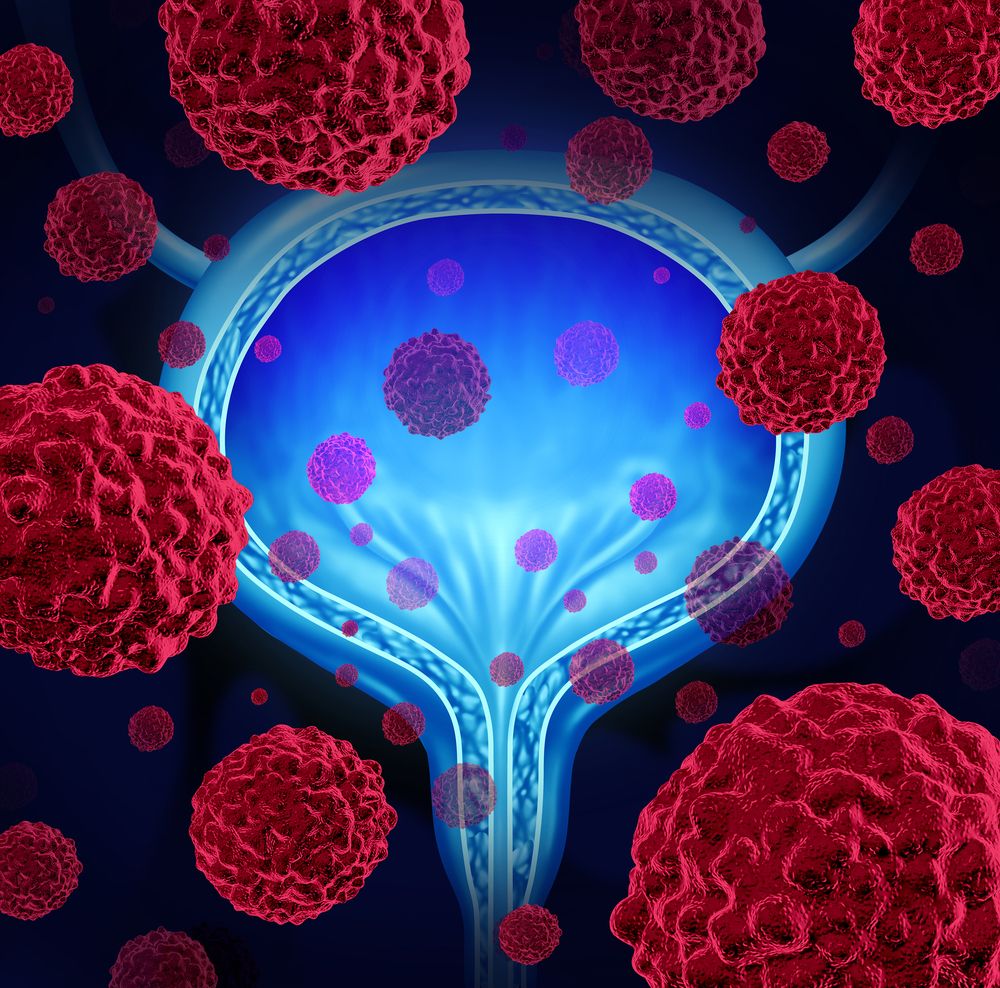The company that makes SG was testing it mainly against other cancers, but Dr. Tagawa, who is also a professor of urology and a member of the Sandra and Edward Meyer Cancer Center at Weill Cornell Medicine, and his colleagues showed in a 2015 pilot trial that it shrank tumors in three of six patients with advanced urothelial carcinoma that had not responded to platinum-based chemotherapy. That trial led to the enrollment of a group of 45 patients with treatment-refractory urothelial carcinoma (amongst many others with various advanced cancers) with encouraging results.
A new treatment for advanced urothelial cancer was effective with tolerable side effects in an international, multi-center phase 2 clinical trial led by investigators at Weill Cornell Medicine and NewYork-Presbyterian.
The trial results prompted a U.S. Food and Drug Administration (FDA) accelerated approval of the treatment on April 13, giving patients with this very aggressive type of cancer a new therapeutic option.
In the study, published online April 30 in the Journal of Clinical Oncology, the researchers gave the treatment, sacituzumab govitecan (SG), previously known as IMMU-132 and now by the trade name Trodelvy, to 113 patients with advanced urothelial carcinoma, the most common type of bladder cancer. The trial population had progressed despite treatment with platinum-based chemotherapy and immune-boosting checkpoint inhibitors, and overall had a median of 3 prior lines of therapy. Treatment with SG was followed by sustained reductions in tumor size for 31 patients (27 percent), including complete tumor disappearance in six patients. The most common severe side effects included very low white blood cell count in 34 percent (with fever in 10 percent) and severe diarrhea in 9 percent, which were managed with dose adjustment and best supportive care.
